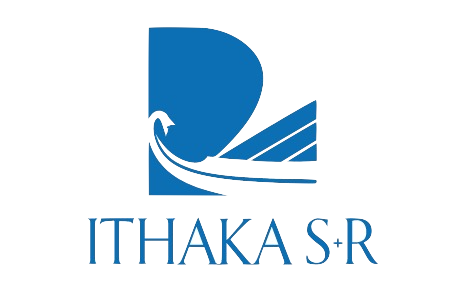New AACRAO Report Examines States with Existing Transcript-Hold Regulations
October 22, 2024
AACRAO and Ithaka S+R have released "Balancing Access and Accountability: Insights from States with Existing Transcript-Hold Regulations Part 2," highlighting the effects of state-level transcript-hold regulations on higher education. Key findings include that 97% of institutions altered their practices following state regulations, with over half eliminating transcript holds for unpaid balances. The report notes that while changes affected a small portion of learners, 90% of institutions felt prepared to comply with new federal regulations. It emphasizes the need for proactive strategies to prevent unpaid balances and offers recommendations for institutions to adapt effectively to regulatory changes. For more details, the full report can be accessed online.
FOR IMMEDIATE RELEASE
AACRAO Contact: Wendy Kilgore
Senior Director, Research & Policy Division
Communications@aacrao.org
AACRAO Announces New Report That Examines States with Existing Transcript-Hold Regulations and their Impact on Institutions and Learners
WASHINGTON, D.C. (October 22, 2024)
AACRAO and Ithaka S+R Release the Second Part of a Two-Part Study on Transcript-Hold Regulations in Higher Education
Washington, D.C. - The American Association of Collegiate Registrars and Admissions Officers (AACRAO) and Ithaka S+R have released a comprehensive report titled "Balancing Access and Accountability: Insights from States with Existing Transcript-Hold Regulations Part 2." This report, authored by Dr. Wendy Kilgore, Senior Director of Research at AACRAO and Dr. James Ward, Principal at Ithaka S+R, provides insights into the impact of state-level transcript hold regulations on higher education institutions and learners.
Key findings from the report include:
- 97% of institutions changed practices or policies after state regulations went into effect.
- Over half of the institutions completely eliminated transcript holds for unpaid balances.
- 62% of institutions saw changes affecting less than 5% of their current learner population.
- 90% of institutions expressed confidence in their ability to comply with the new federal regulation.
"This report offers valuable insights for institutions nationwide as they adapt to the new federal regulation on transcript holds," said Dr. Kilgore. "The experiences of institutions under state regulations provide a roadmap for navigating these changes while balancing learner access and institutional sustainability."
“State bans on transcript withholding have taken a variety of approaches, with some being much narrower than the new federal policy and only applying to a limited set of circumstances,” said Dr. Ward. “Despite this, we estimate that 500,000 former students gained access under these state laws, with even more gaining access under the new federal policy.”
The study, which complements a previous report on the anticipated effects of the federal regulation, examined data from 150 institutions across 13 states with existing transcript-hold regulations. It reveals that while challenges exist in adapting to these regulations, they are generally manageable.
AACRAO and Ithaka S+R emphasize the importance of preventive measures in addressing unpaid learner balances. A core message of this study and related studies on regulations impacting transcript holds, institutions' use of transcript holds, and their impact on learners is that institutions should prioritize helping learners avoid accumulating unpaid balances in the first place. By implementing proactive strategies to support learners' financial well-being, institutions can reduce the need for transcript holds and similar reactive policies and practices. This approach not only aligns with regulatory requirements but also promotes learner success and institutional effectiveness.
The report also provides recommendations for institutions navigating regulatory changes, including proactive policy review, enhanced communication strategies, and ongoing monitoring of key metrics.
Access the Full Report.
For more information, please contact: communications@aacrao.org
Sponsored By:

AACRAO
AACRAO is a non-profit, voluntary, professional association working to make higher education more responsive to learners. With a membership of more than 15,000 higher education professionals representing approximately 2,300 institutions in
more than 40 countries, the association provides advocacy, research, and policy-based guidance and training to higher education professionals to smooth the path for learners at every stage of their journey.
About Ithaka S+R
Ithaka S+R’s strategic advice and support services help institutions improve their performance and further their missions. We generate action-oriented research for institutional decision-making and act as a hub to promote and guide collaboration across the communities we serve. With our partners, we design and evaluate projects that make higher education, scholarly communication, and cultural collections more accessible to diverse populations.